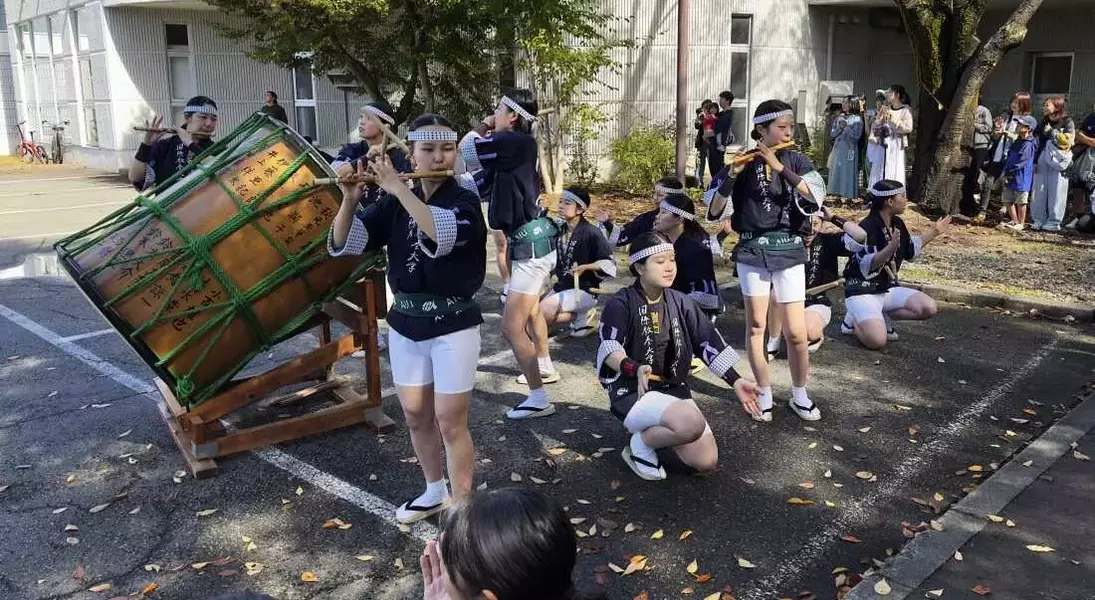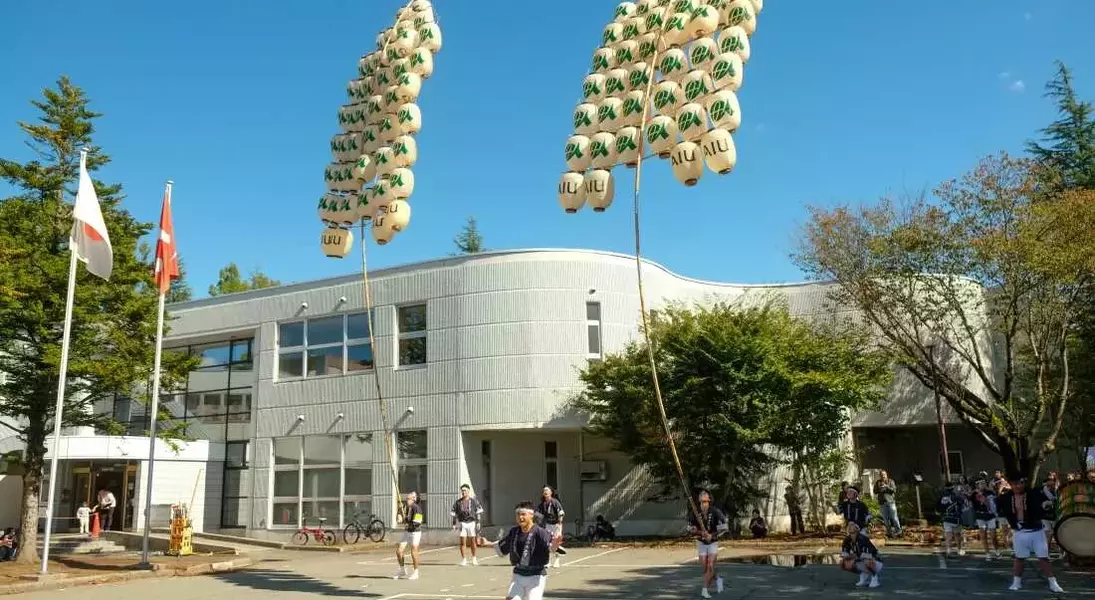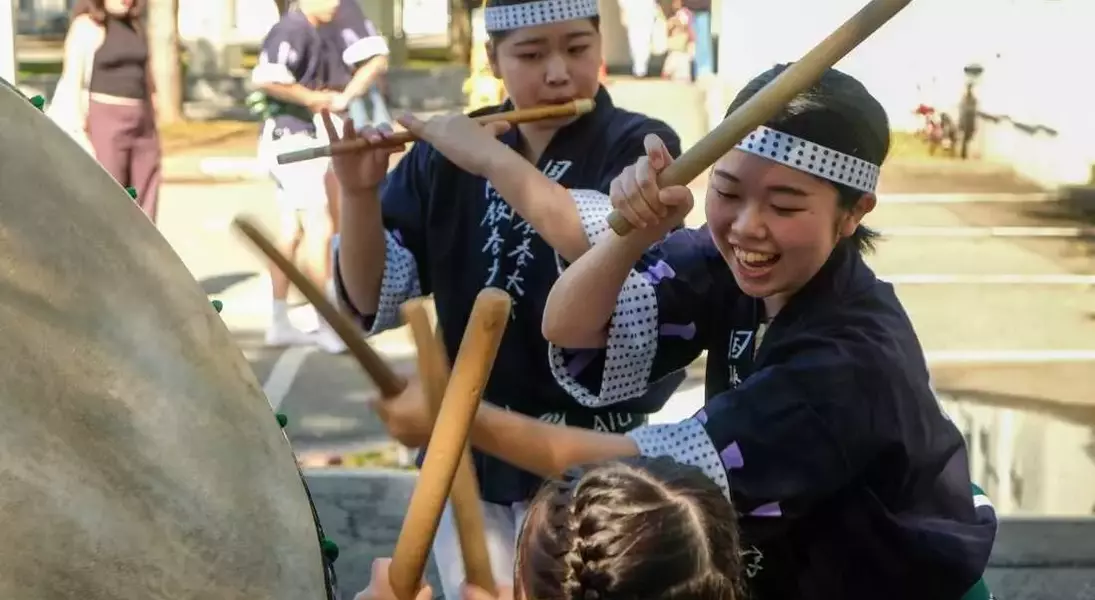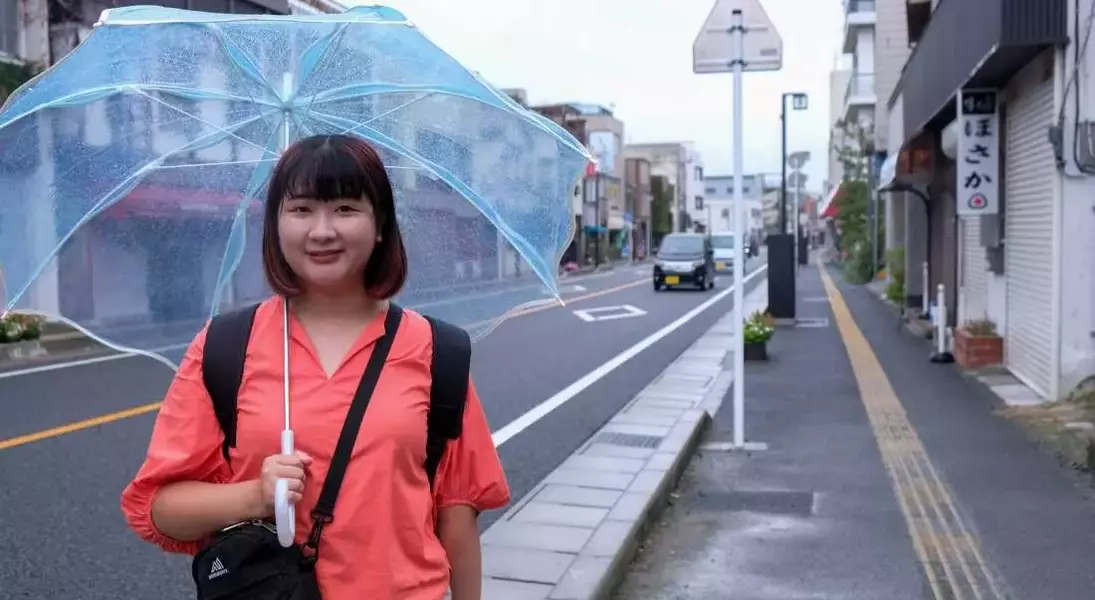





Gender Roles and Rural Exodus: A Crisis in Japanese Demographics
Traditional Festivals and Gendered Exclusion
In Akita Prefecture, a region in northern Japan's Tohoku area, vibrant festivals like kanto showcase incredible feats of balance as performers maneuver towering bamboo poles adorned with illuminated paper lanterns. However, this ancient custom adheres to strict gender divisions: only men are permitted to handle the poles, while women are relegated to playing musical instruments. This exclusion stems from Shinto religious beliefs, which deem women spiritually impure during menstruation and childbirth, a tradition that even some younger women, like college student Mayaka Ogawa, feel unable to challenge due to its deep cultural roots.
Akita's Demographic Quandary: A Microcosm of National Challenges
Akita Prefecture starkly illustrates Japan's demographic struggles in the 21st century. It contends with the highest proportion of elderly citizens (39% over 65 in 2024), the lowest birth rate, and the most rapid population decrease among Japan's 47 prefectures. These challenges are intrinsically linked to entrenched gender inequality, which increasingly pushes young women away from rural areas in search of broader opportunities elsewhere.
The Migration of Rural Women Fueled by Gender Disparity
A government assessment on inequality revealed that 27% of young women, compared to 15% of young men, desire to leave their native towns. Rigid gender expectations in rural areas significantly contribute to this exodus. Women are often expected to prioritize domestic and child-rearing responsibilities, limiting their educational and professional growth. Sociologist Masahiro Yamada notes that women in rural communities are frequently confined to temporary or part-time employment, while men dominate promotions, compelling women to seek careers in major cities like Tokyo. The resistance to changing these discriminatory norms by older generations perpetuates the issue. Despite the recent appointment of Japan's first female prime minister, Sanae Takaichi, her conservative stance on gender roles suggests a continued adherence to traditional views.
Efforts to Amplify Women's Voices and Policy Shortcomings
Despite the prevailing trend, some women are actively working to instigate change within rural communities. Ren Yamamoto, a 26-year-old from Nirasaki, initiated a YouTube channel featuring interviews with 100 rural women, providing a platform for their experiences with gender discrimination. Her project, which highlighted women's frustration with societal pressures regarding marriage and childbirth, garnered national attention and led to a meeting with the then-Prime Minister. Yamamoto criticized existing policies for focusing solely on childcare and marriage rather than addressing the systemic reasons women leave rural areas, emphasizing that women are not merely \"baby-making machines.\" The Prime Minister acknowledged the difficulty of implementing changes due to the dominance of middle-aged men in local governance.
Governmental Responses and Lingering Dissatisfaction
The Japanese government recognizes the intertwined nature of gender equality and declining birth rates, experimenting with various initiatives. Some local administrations, including Tokyo and Akita, have even introduced matchmaking services to encourage marriage and increase birth rates. However, these efforts are not without criticism; college student Mayaka Ogawa finds such initiatives demeaning, believing they imply women are incapable of finding partners independently. She also notes a growing sentiment among women that family formation is not essential for personal fulfillment. While gender equality centers strive to educate and empower women, progress remains slow, leading to a pervasive sense of unease and pessimism among many rural women.
The Weight of \"Moya Moya\" and the Choice to Depart
Many women in Akita express a feeling of \"moya moya\" – a vague, unsettling dissatisfaction, often exacerbated by the societal taboos against challenging established gender roles and male authority. Naoko Tani, director of the Akita Prefectural Central Gender Equality Center, shared her personal journey of overcoming this confusion through gender studies, finding clarity and emotional resonance. However, for others, the only solution is to leave. High school student Yukina Oguma, whose family manages a Buddhist temple, plans to pursue higher education outside Akita, declaring she would \"run away\" if expected to stay and inherit the temple. This sentiment is echoed by college student Miwa Sawano, who holds a pessimistic view on improving gender equality in Akita, suggesting that true change will only occur when the irreversible consequences of women leaving become undeniable.
